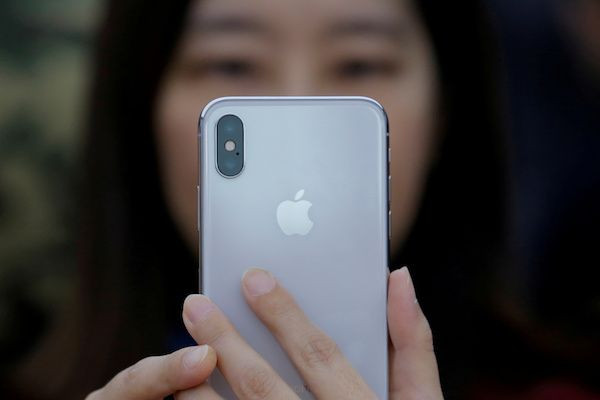iPhone 11 To Feature Smaller, Faster Processor With Advanced AI

Apple may have just recently launched the iPhone X, but there are already rumors about its next-generation handsets for 2018. This week, a new report is claiming that its Taiwanese supplier TSMC is already preparing the processors for iDevices that will be released from 2018 to 2021.
On Monday, Patently Apple reported that Apple supplier Taiwan Semiconductor Manufacturing Company (TSMC) is already aggressively scheduling the processors for the iDevices the Cupertino giant is planning to release starting next year. The processors that the company is making are notably smaller and faster than previous iterations.
The outlet further revealed that TSMC has been investing in AI for mobile computing, IoT, automotive electronics and high-performance computing. This is because the company is gearing up to provide advanced process technologies for more AI applications.
TSMC founder and chairman Morris Chang has recently hinted at the importance of AI to TSMC’s competitiveness in the industry. Chang said that with the rise of mobile devices with AI capabilities, the technology would inevitably become ubiquitous, especially in the healthcare scene.
Patently Apple predicts that it is very likely for the iPhone X successor to sport a 7nm processor with pretty advanced AI capabilities. The publication says the chances of 7nm processors coming to market in 2018 to 2019 are high because TSMC is already working on its new 5nm and 3nm plants. The former is set for 2019-2020, while the latter is expected to be realized in 2020-2021.
Earlier this year, TSMC said that its 7nm yield was ahead of schedule and it is expecting a fast ramp in 2018. At the time, the company divulged that it will be inserting several extreme ultraviolet layers to the 7nm chip, but it did not provide specific details. It also confirmed at the time that its roadmap for the 5nm technology is on track for launch in 2019.
Last month, it was disclosed that TSMC has decided to build its first 3nm fab in the Tainan Science Park located in southern Taiwan. This information laid to rest speculations that the company could be eyeing to build its new chip facility in the U.S. after President Donald Trump’s administration offered incentives to companies with manufacturing jobs for the Americans, as per EETimes.
“TSMC recognizes and is grateful for the (Taiwan) government’s clear commitments to resolve any issues, including land, water, electricity and environmental protection,” Chang said in a statement. “TSMC also remains confident the government will assist the establishment of the new fab with a complete package of measures.”
At present, Apple’s iPhone 8 and iPhone X are shipping with the A11 Bionic chips. The 10nm chip features two performance cores and four efficiency cores. Based on its Geekbench scores, the A11 Bionic chip significantly outperforms the A10 chip and the A10X Fusion in the iPad Pro. It is even said to be up to par with the chips in Apple’s latest 13-inch MacBook Pro devices, according to MacRumors.
Given that TSMC is already preparing a more advanced chip for next year’s iPhones, the 2018 iOS handsets would undeniably be the most powerful phones Apple is releasing. Forbes says the next-generation flagship phone could be named as either iPhone XI or iPhone 11, or even iPhone XS. Considering that this year’s flagship is the iPhone X, it is possible that Apple could go with iPhone XI. However, it’s also possible that Apple will opt for iPhone 11 to give distinction to the 10th anniversary iPhone.
© Copyright IBTimes 2024. All rights reserved.





















